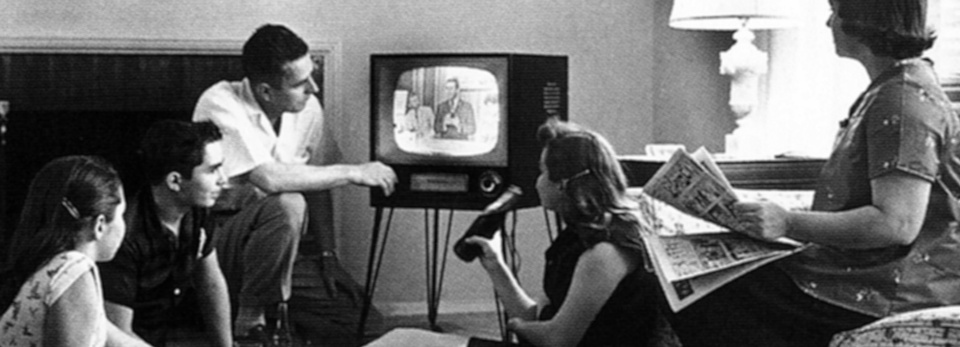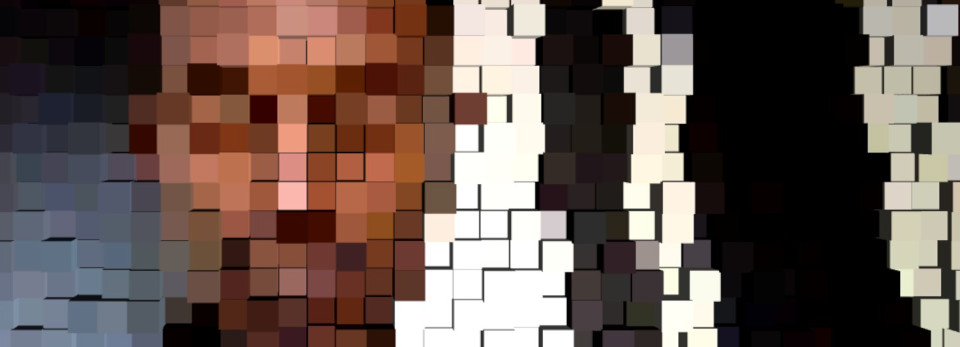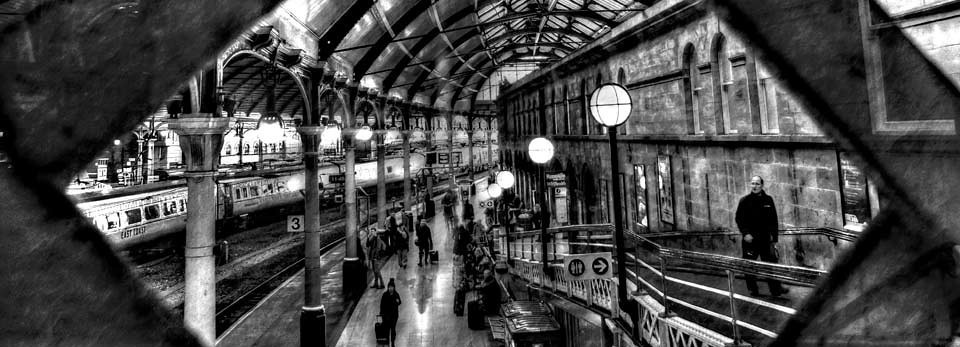The works of criticism in this issue, while not intentionally organised around a theme, nevertheless cohere around ideas of relation and belonging. In the wake of the recent mass shootings in El Paso, Texas and Dayton, Ohio, and in the midst of the ongoing Brexit saga, the emphasis in a number of these articles on notions of care and kinship—those forms of relation which look to challenge and highlight violence against marginalised others—is a welcome reminder of the love and hope at the center of an interconnected world.
View More Alluvium Editorial 7.4Category: Issue 7.4
Queer Kinship in Jackie Kay’s The Adoption Papers (1991)
This article considers the role of queer kinship in Jackie Kay’s debut poetry collection The Adoption Papers (1991). I do not seek here a systematic explication of this theoretical approach, but rather follow recent scholarship in highlighting the capacity of “non-normative relational configurations” to challenge heteronormative kinship norms enculturated by the capitalist state (Mizielińska 2).
View More Queer Kinship in Jackie Kay’s The Adoption Papers (1991)Afrofuturism in Danez Smith’s Black Movie
With Black Movie (2015), Danez Smith, a Black American, queer, poz, non-binary (they/them) spoken-word poet, pitches new ideas for the representation of blackness in Hollywood films, while critiquing the reality of being black off-screen in the US.
View More Afrofuturism in Danez Smith’s Black MovieEuropean Literature—made in the UK?
In the novel All That Man Is (2016), which was shortlisted for the Man Booker Prize, nine protagonists travel the European continent, from Lille over Budapest to Copenhagen and beyond. The author, David Szalay, is quite a traveller himself: a Canadian citizen raised in London who is now based in Budapest and published in the United Kingdom. In 2013, he was named as one of Granta’s Best of Young British Novelists. But can such a book, or indeed such an author, be fully understood if considered only as a ‘British’?
View More European Literature—made in the UK?Neoliberal Breakdowns: the Biopolitics of the Monstrous
Those who cannot remember the past are condemned to repeat it” suggested George Santayana in 1905. A century of cyclically returning violence later, it is time to re-phrase this question: what if those who cannot imagine the future are condemned to repeat the past?
View More Neoliberal Breakdowns: the Biopolitics of the Monstrous




